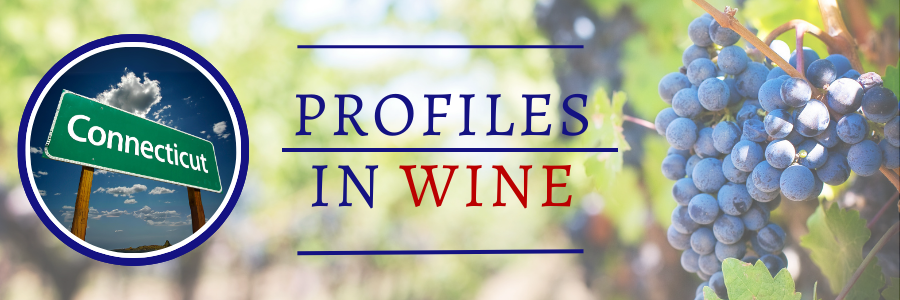
Source: WineAmerica 2025 National Economic Impact Study of the Wine Industry, conducted by John Dunham & Associates, including detailed data nationally and for all 50 states, plus Methodology, all available at WineAmerica 2025 Economic Study.
Connecticut Wine Country
Long Island Sound and the Connecticut River Valley provide a milder climate than expected given the state’s northern latitude, allowing a broad range of grape varieties and other fruits to be grown. The Connecticut Winery Act of 1978 stimulated the growth of the industry, which now includes a 33-winery Connecticut Wine Trail and three AVAs: Southeastern New England, Western Connecticut Highlands, and Eastern Connecticut Highlands.
Hopkins Vineyard, in operation more than 235 years as a family farm, is designated as a National Bicentennial Farm, and Stephen Hopkins came to this country on the Mayflower in 1620. Bill and Judith Hopkins turned the former dairy farm into a vineyard in 1979, growing 12 varieties on the north shore of picturesque Lake Waramaug, which provides some temperature moderation. The operation includes a Wine Bar in the Hayloft of a 19th Century barn overlooking the lake, with Hopkins wines joined by local craft beers and spirits, cheeses and pates.
Jones Family Farms covers about 500 acres, including a large U-Pick operation (strawberries, blueberries, pumpkins, Christmas trees, and more) as well as a vineyard, with the governing philosophy of founder Philip James Jones (1821-1912): “Be good to the land, and the land will be good to you.” The Jones Winery was started in 1999 by the sixth generation, and makes about 20 wines. In addition, a Kitchen offers many recipes for using the produce and wines from the Jones family.
Great Grapes: Cayuga
Created by Cornell grape breeders at the Geneva Experiment Station, Cayuga (also the name of the lake where Cornell is at the southern tip) is a cross between Schuyler and Seval Blanc, and is highly suitable to the Finger Lakes and other cool climate regions. Often compared to Riesling, it produces a fruity white wine of mild intensity, ideal for sipping or with mild cheeses or fruit.

